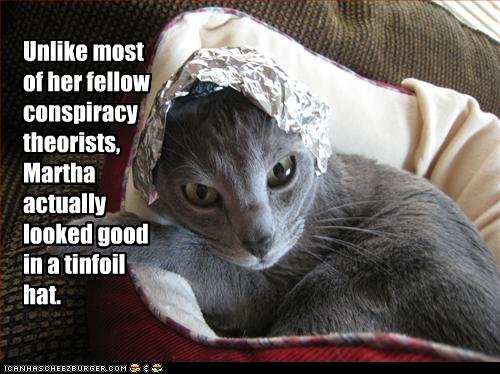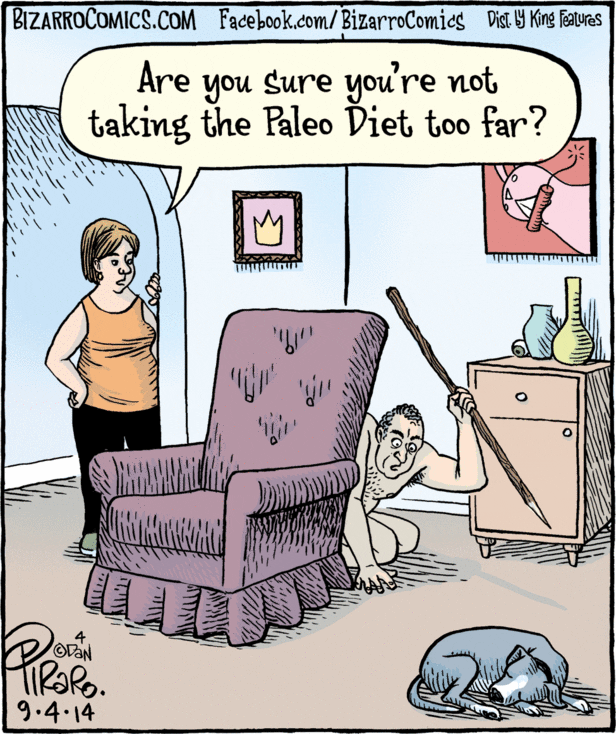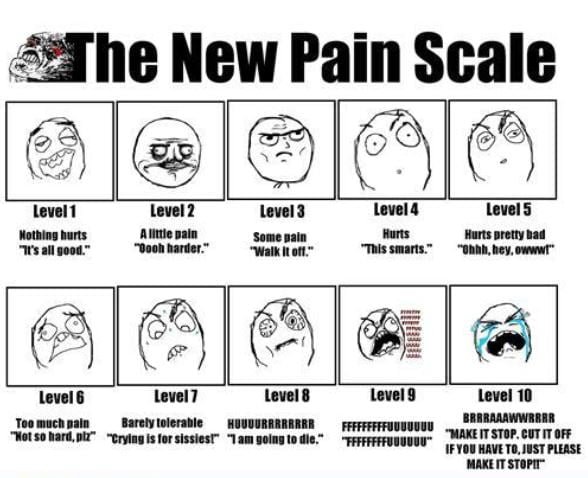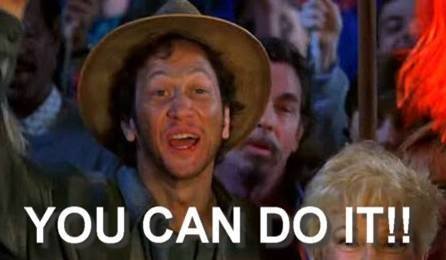
Peanut Gallery, a group of people whose opinions are considered unimportant, a source of insignificant criticism, the cheap seats.
(Repost from 2015. Unedited, except for paragraph formatting.)

A reader named Wayne K sent me two emails, one with some questions I answered and another email objecting to a post I had written about his questions. (What Happened to the Churches I Pastored?)
Here’s Wayne K’s first email:
Hi Bruce,
Regarding the churches you pastored and started, do they still exist today or have they changed their names ? I could not find any of the church’s personal websites. Sorry if you feel I wasn’t trying hard enough. I don’t know what I missed as there are hundreds of ‘google’ links. Another question I have is, why did or what led your mother to commit suicide at 54 ? I have heard a few stories of suicide committed by various people and I am just curious to learn why.
Thanks
Wayne
PS: For your info, I currently do not have a personal website address and I do not live in the United States. I currently do not go to church and I am not an evangelical.
Here’s Wayne K’s second email:
Hi Bruce,
Since January, I have been visiting your blog at least twice a week to get to know you. While you did answer one of my questions, i was able to find some clues about your mother’s suicide from your blog- long after i received your email. In face to face conversations, if you didn’t want to answer my question about your mother’s suicide, you probably would tell me that you prefer not to discuss it, otherwise it would be considered rude not to answer me.
I noticed that you had posted my question on your blog dated March 5. My motive was that i was interested to know, not because i was nosy. Did you decide to post because i didn’t subscribe ?? Just guessing. No, i am not part of a group of tin hat Christians. I almost found this statement offensive. There is no need to assume or presume who I am. I am not interested in friendship with you. I do not doubt whatever and wherever the churches you pastored.
I had other questions for you that is not on your blog but after reading some of your recent posts, i didn’t think it was necessary any longer since i found your blogs disturbing and very negative. I am guessing that since you are a socialist, you are probably on social government assitance like most low life atheist drug addicts.
Bruce, we live in a very deceptive and conspiracy driven world, and it appears to be getting worse. Most or all of the world’s problems are contributed by certain wealthy, influencial people in high places. Here are some of the following groups involved; Islamists, Hinduism, Roman Catholicism/Vatican, atheism, freemasons, satanists, luciferians, evolutionists and agnostics. Google “bohemian groves”, “freemasonry american dollar”, “911 inside job”, “cancer research fraud”, “fluoride deception” on and on I could list so much more. Also click on images for these keywords to view other websites. No conspiracy is a theory if it has been proven.
Furthermore, your blog is more than just shameful and unhelpful. It added to the world’s misery. It doesn’t contain any qualities of love or unity. While it indicates your hidden character, I would be ashamed to follow you or to honor you as the best blogger in Ohio.
Now be cautioned because there is a cultish group in America whose website called atruechurch(dot)info – they may add your name to a list of false teachers? – probably not. I dare you write about them. I would have to agree that you are telling lies and blogging false information about many things. These lies are coming from your own deluded mind. Therefore, I would strongly encourage you to go and do something more useful than spend your wasteful hours blogging and ridiculing the “minorities”. Leave them alone. You appear to be THE real threat.
Regarding the churches you gave me that no longer exist, that doesn’t indicate a high failure rate. Instead of explaining what I mean, let me analyse it this way; YOU are the failure because you didn’t know how to guide your so-called “church”. It appears that Your foundation was ‘fake’ and weak. When you build a house, you need proper foundation or it would collapse. Isn’t that logical Bruce !?? Now, you like to point fingers and blame others for the failures, don’t you ?! There are alot of people who have gone through many bad and worst experiences than you but didn’t start a blog like you and pointed fingers. They just moved on and tried to improve upon where they left off. But you seem to be worse off than when you started in your early years of church. That is a common thing I see among so called “ex-Christians”.
Many people are secretly not interested in your blog Bruce. And I am not interested to visit you either. You don’t sound friendly. I wouldn’t want you to give me advice when I need help or have inquiries about important matters.
Anyways, having much I could say, i am not interest in further correspondence with you.
Wayne K’s first email was quite civil, so I answered him. After doing so, I thought others might have the same question about the churches I pastored, so I wrote a post. Evidently, Wayne K thought the post was all about him. This is a common reaction to my writing. People read a post and think, HE IS WRITING ABOUT ME! Unless I mention someone by name, no one should assume I am writing just about them. I suspect the real issue is that my writing gets a little close to home and they don’t like it.

The next email is from a Kiwi named Kate:
Hi there bruce , i stumbled across your site …. somehow as you do . Yes i am a God fearing believer ,no that that is why i am writing to you.
i have never written to someone like this before, but somehow was very intrigued about your story. Many twists and turns in your life for what ever reason that seem to be quite clear to me reading your blog have lead you to were you are now.
One thing as i read your questions seems to be that your passionate about your family. And yet as a young man having such a large frame and most probably due to your illness do not seem to read health books. my question to you is if you are not going to be with your family in heaven why would you not want to be with them on this earth for as long as you can.
You yourself are writing a book and you have obviously spent countless hours reading studying why you don’t want to believe in god, and yet your passions the most important thing to you on this earth will get the very least of you because you are too busy telling people what you don’t want to do or believe in. i don’t speak to be viscous or negative. but what i know is that our health is crucial to your thinking.
If you are telling the truth that your family are your passion, get well and tell us how you did it and let that benefit some people. start by looking at your food. food is your first medicine. i know in America you can get everything under the sun with some fake name resembling food im not surprised most of you are unhealthy sick or dying.Go on a juice fast for 3-4 months and tell me your not feeling better !!!! or find some diet like the cohens diet. Or blow me over with a feather and jerf …. just eat real food, nothing that comes out of a packet cause its contaminated with goodness knows what.
Anyhow you could read all about it,and cure your self. i hope this doesn’t sound sarcastic it is not at all meant to. So be in health Bruce not in atheism cause theres no meaning to that. Just being alive has a meaning and im sure you matter to your family and they have a meaning to you … you said so yourself.
respectfully kate .otherwise know as a recovering hoshimotos sufferer, curing myself through diet and meaning……my three children my husband and life. its massive that word life !!!
Kate assumes I am NOT eating well. She is certain that me being overweight is because I spend all day eating Oreo cookies, ice cream, candy bars, and Pop Tarts. She is certain that I am killing myself with prepackaged food. How could she know this? Is she a mouse in the cupboard, watching what groceries we buy and observing Polly cook our meals? Of course not.
The food and diet police think that they have all the answers. Just do ______________and all will be well. Oh, if it is only that simple. These days, I find belligerent food Nazis more oppressive than the rankest of Fundamentalists. They are closed-minded, judgmental, unwilling, or unable to understand the complexity of the human body, diet, and the environment. They seek simple answers, quick fixes, and when they descend from the mountain top with the Ten Commandments of Atkins, Cohen, Dash, Weight Watchers, Orinish, TLC, Mayo Clinic, Mediterranean, Flexitarian, Jenny Craig, Volumetrics, Nutrisystem, Paleo, ad infinitum, they go about preaching their new-found gospel to fatties.
Of course, since I wrote this post in 2015, I lost one hundred pounds and watch my diet carefully, Why? Not that I got healthier. I have gastroparesis and exocrine pancreatic insufficiency. Trust me, these diseases are an effective weight loss program.



